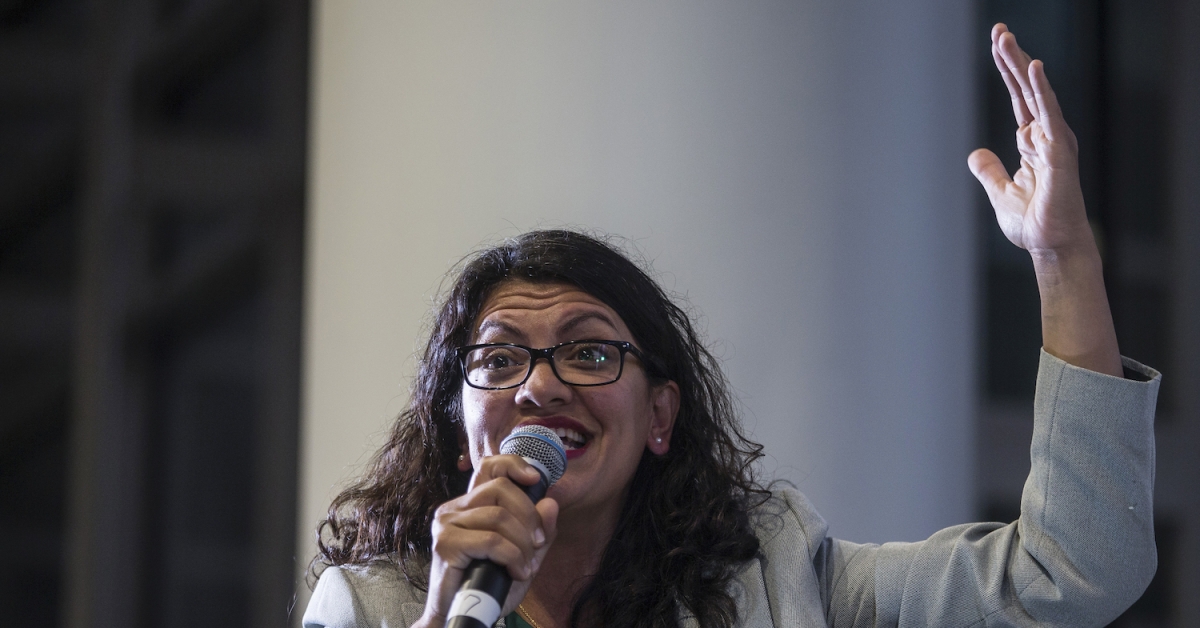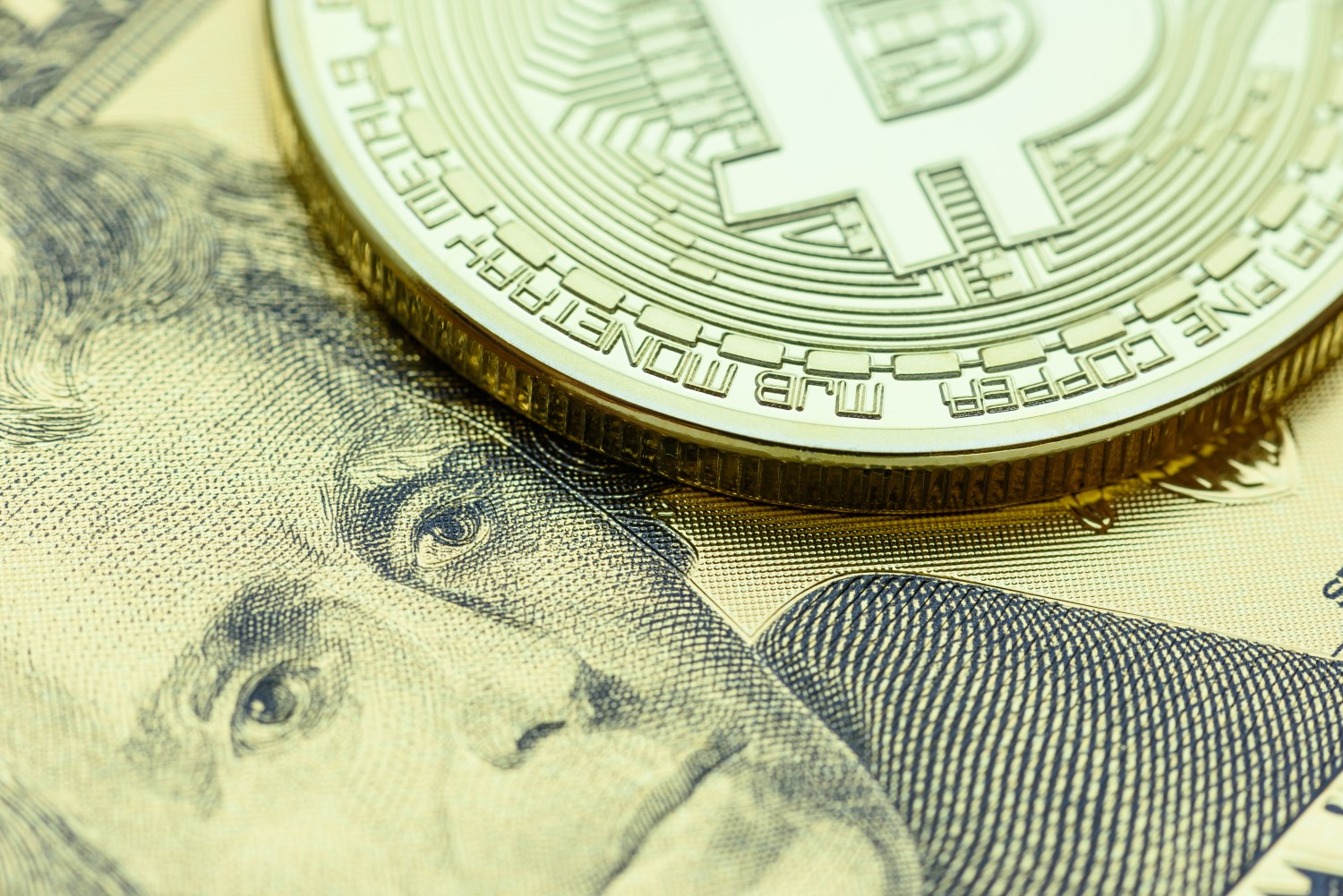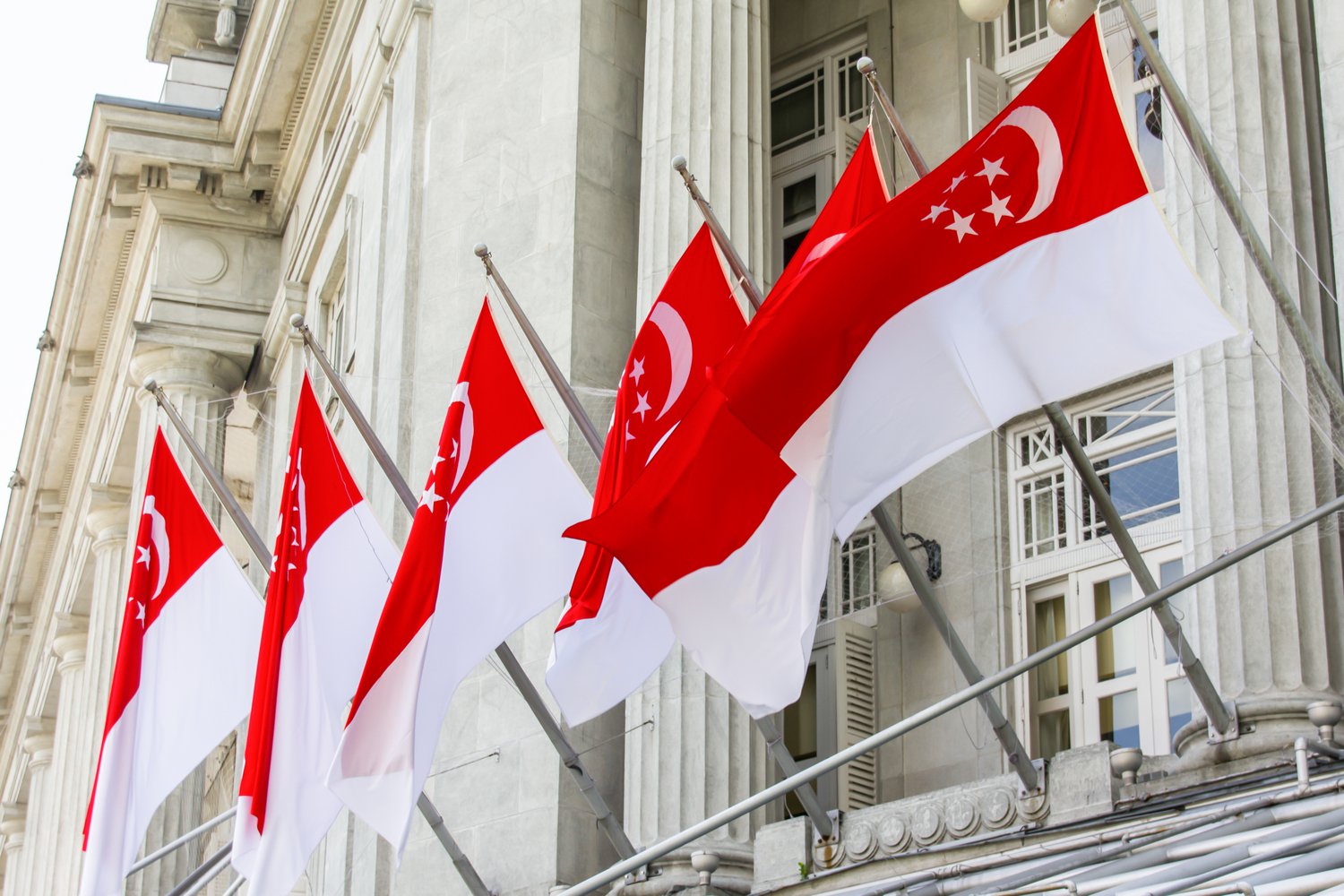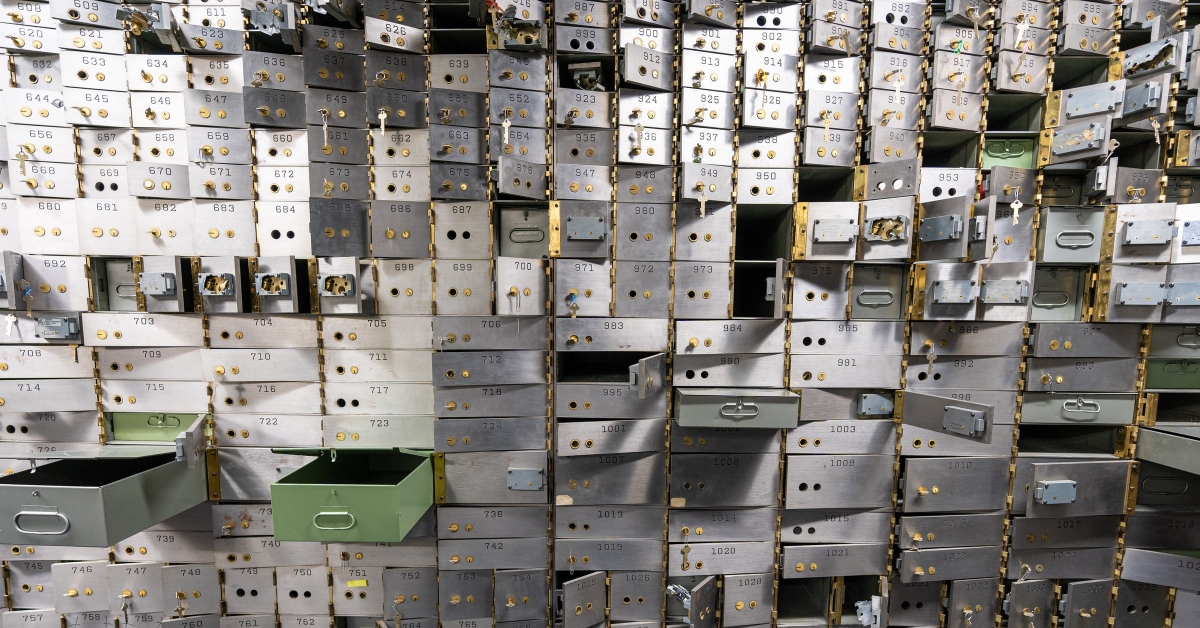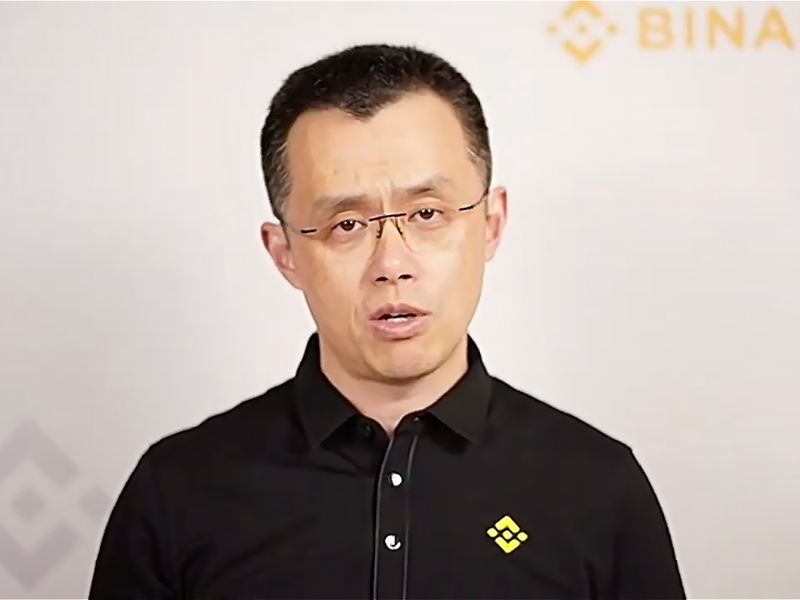Bitcoin Beach’s Pioneering Circular Economy Is Making a Global Impact
Roughly 70% of Salvadorans don’t have a bank account. The average Salvadoran earns about $400 per month, so the cost of onboarding and maintaining accounts far outstrips whatever meager revenue they could ever generate for banks.
This means the majority of Salvadorans are unable to save, invest or access credit. Local businesses – including those that cater to tourists – are unable to qualify for merchant accounts, making credit card payments impossible.
Remittances comprise over 26% of El Salvador’s gross domestic product (GDP), but the cost of sending money to the country consumes up to 50% of the transfer value. Recipients then incur additional costs of time and money as they travel long distances before waiting in line to collect physical cash.
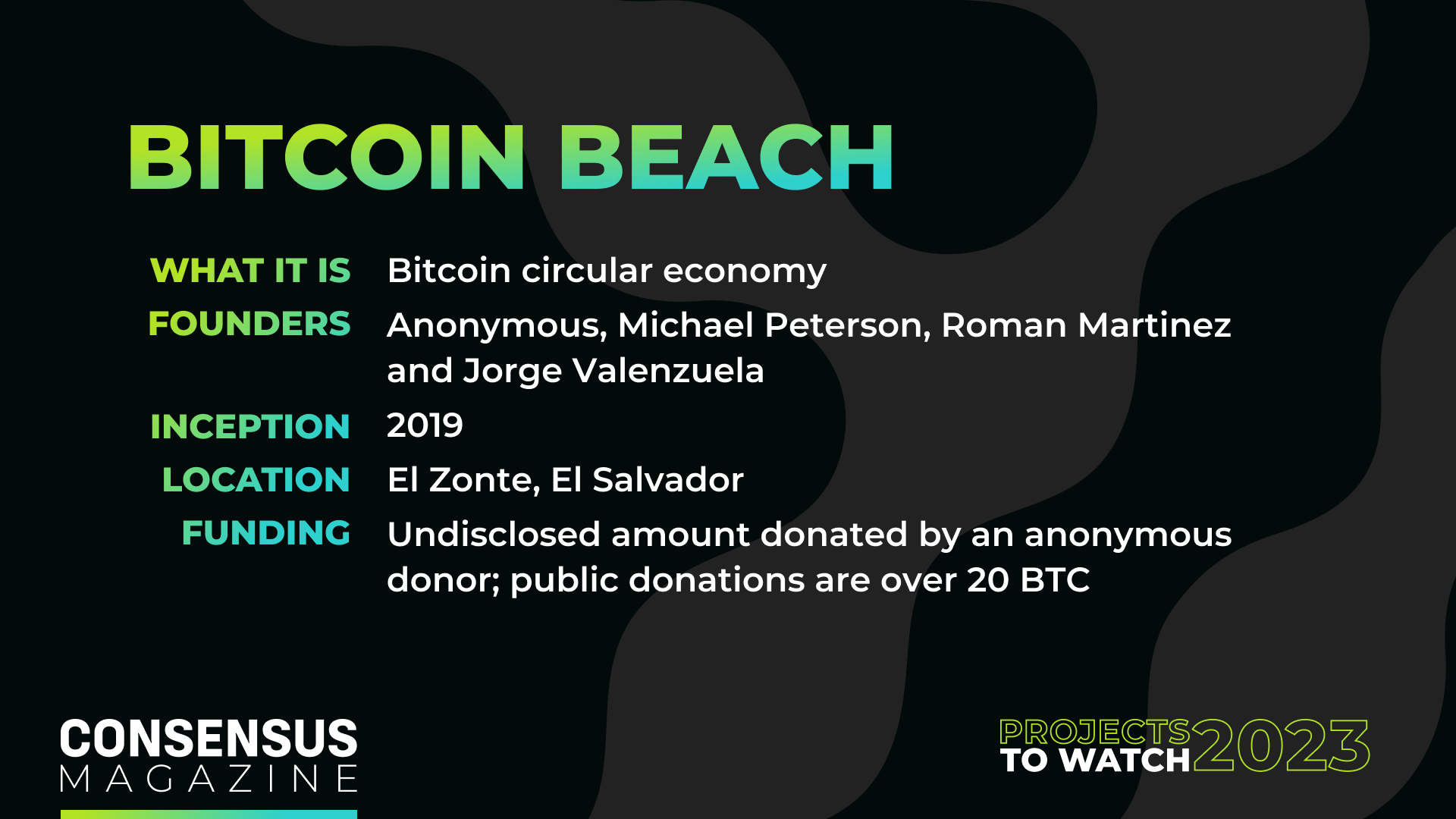
BITCOIN BEACH
Read profiles of all of the Projects to Watch 2023: Reclaiming Purpose in Crypto
Mike Peterson runs a successful food service business in California that sells desserts and barbeque. One of the company’s bestsellers is chocolate-covered bacon.
“It actually tastes quite good,” Peterson said. “The key is, you’ve got to fry the bacon really, really crispy, so it’s kind of like a chocolate-covered peanut – salty and sweet together.”
Twenty years ago he bought a house in the small town of El Zonte on El Salvador’s Pacific coast; a “world surfing mecca,” according to some. El Zonte has a sparse population of around 3,000. Many of the residents are either poor or on the brink of poverty – national per capita GDP sits at just over $4,500 (U.S. per capita GDP is about $70,000). But the beaches are great, attracting recreational surfers like Peterson who became involved with 30 to 40 faith-based charity projects in El Zonte over a decade ago.
In 2019, the charitable work Peterson and others were doing caught the eye of an anonymous donor who had accumulated a large sum of bitcoin (BTC). The donor wanted to fund the efforts of Peterson, who had joined forces with El Zonte locals including Roman Martinez and Jorge Valenzuela. There was only one catch – the donation would be in bitcoin and the donor didn’t want the bitcoin converted to cash.
“I was already a bitcoiner, so I was like, ‘Wow, this sounds amazing!’” Peterson recalled. “I mean, who else would entertain some crazy idea like this? And so we came back to them with a proposal and said, ‘Hey, we’ll inject this into our ongoing programs that we have, and we will try to create this bitcoin circular economy.’”
The home of that circular economy – an economy where BTC becomes a standard medium of exchange – is now known as Bitcoin Beach.
Peterson splits his time between El Zonte and California nowadays. The Bitcoin Beach team has grown to 15 contributors and over a dozen more volunteers. They have nailed down bitcoin adoption to a three-part process.
The first phase involves injecting bitcoin into the local community. This is done by encouraging local businesses to accept payment in BTC and establishing social programs that also pay participants in bitcoin.
In order for that to happen, locals must download a wallet, get some BTC and execute their first transaction. Peterson says it’s the toughest part of the entire process.
“The biggest hurdle is just getting people to make their first bitcoin transaction and help them get to that lightbulb moment of ‘Wow, this is so much better, it’s so much cheaper, it’s so much easier!’ Peterson explained. “It requires a lot of hand holding and going out and spending time with the people to get them to make their first transaction.”
The second phase addresses the meat of the matter – promoting consistent bitcoin usage. This is where a circular economy is actually created.
Given how remittances are central to the lives of so many Salvadorans, one way of creating consistent bitcoin usage is transitioning families from a traditional to a bitcoin- centered remittance infrastructure.
Enter Strike, an app that runs on the Lightning Network, a layer 2, or companion, scaling blockchain system that enables cheaper and faster bitcoin transactions. Funds sent from abroad via Strike can be received as local currency in the recipient’s bank – for free. Compare that to traditional remittance providers such as Western Union that take a hefty chunk of the transfer value, make you wait in line and require an hour-long bus ride that costs $2.
But it doesn’t stop there, El Zonte residents are now using bitcoin to pay their electricity bills and buy lunch for their kids.
Peterson estimates that more than 70% of families in El Salvador have at least one smartphone with internet in the household. Data from the World Bank shows only 55% of Salvadorans have internet access.
“With bitcoin on their phone, they can zap it back and forth,” Peterson explained. “If their kid is at school and wants to go buy something for lunch, they can text their mom and say, ‘Hey, can you send me 20,000 [satoshis] so I can buy lunch?’”
The third and final phase of the adoption process – the point of it all – is when bitcoin facilitates the creation of jobs, tourism and tech startups.
“Bitcoin is a tool. The end goal is not just to get a bunch of people using bitcoin,” Peterson said. “For us the end goal is really to empower the youth and see transformation of opportunity happen in El Salvador. Obviously we believe that bitcoin is a critical part of that, but really for us, it’s the social change that’s the most important thing.”
Bitcoin Beach has now garnered over 3,000 bitcoin users across more than 500 families and 120 businesses. The project has expanded 3 hours east to Punta Mango, another popular surfing destination.
Galoy, a bitcoin fintech firm, created the Bitcoin Beach Wallet in 2020 to help spur on the project’s goal of establishing a bitcoin economy.
But perhaps the project’s most impressive accolade was planting the idea of making bitcoin legal tender in El Salvador – something that was eventually achieved on Sept. 7, 2021.
Peterson and crew had been training young locals to become lifeguards as a way out of the dark underworld of Salvadoran gangs. The youth were internationally certified, then paid in BTC for their services.
“El Salvador had never had professional lifeguards as part of their civil protection service,” Peterson said. “Every year there would be 200 to 300 people that would drown on the beaches.”
The Bitcoin Beach lifeguard program successfully certified 80 youths, and El Salvador’s Minister of Tourism took notice. The government adopted the lifeguard program and rolled it out nationally. It was a resounding success and Bitcoin Beach became somewhat of a media darling.
All along, Peterson and his team had been quietly advocating for the government to make bitcoin legal tender – after all, El Salvador had already abandoned its traditional currency, the colón, in favor of the U.S. dollar in 2001.
Although it’s not clear how much influence Bitcoin Beach bore on El Salvador’s decision to become the first country in history to make bitcoin legal tender, it’s hard to deny the project played a key role in the decision.
“I don’t know how much that impacted things – obviously, it helped,” Peterson said. “But the government, they’re the ones that had the courage to decide to do what’s best for El Salvador and make that jump.”
It’s not a stretch to say Peterson and his team at Bitcoin Beach made a small dent in the universe. Not bad for a Californian surfer who sells chocolate-covered bacon for a living.
Edited by Christie Harkin and Jeanhee Kim.

